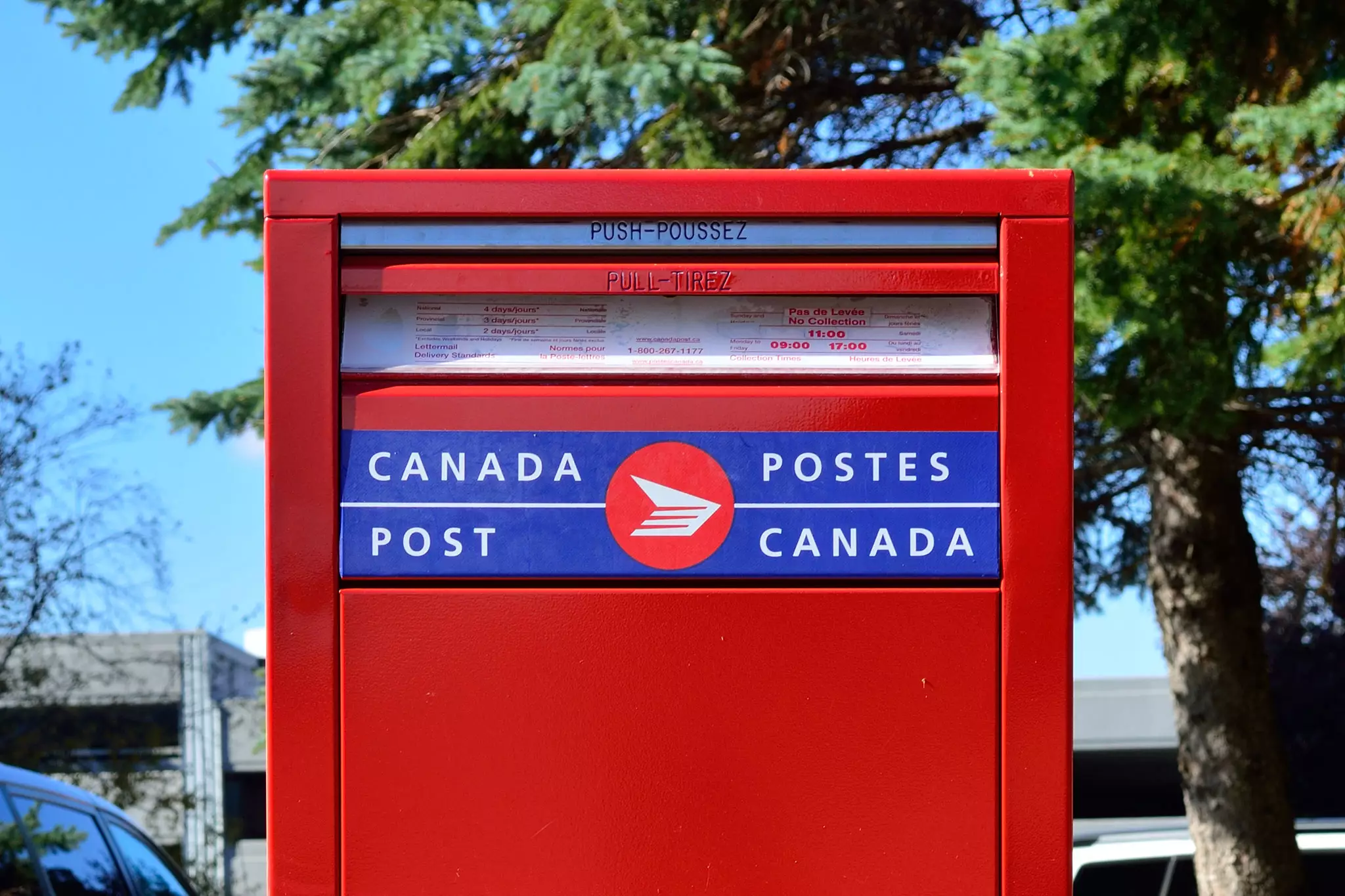The Canadian government is stepping in to resolve a nearly month-long postal workers’ strike that has disrupted mail delivery nationwide during the holiday season.
On Friday, Labour Minister Steven MacKinnon directed the Canadian Industrial Relations Board to order Canada Post employees back to work if a deal with their employer is not reached soon.
Approximately 55,000 postal workers launched the strike on 15 November, citing issues with pay and working conditions. Negotiations between the union and Canada Post have since stalled, with federal mediators reporting significant gaps between the two sides weeks ago.
The Canadian Union of Postal Workers (CUPW) condemned the government’s intervention, calling it “an assault on our constitutionally protected right to collectively bargain and to strike.”
In a Friday statement, CUPW expressed strong opposition to the order, framing it as a violation of workers’ rights.
Canada Post responded by welcoming the prospect of employees returning to work and reaffirmed its commitment to reaching a negotiated settlement. The Crown corporation added that it aims to balance its goals with meeting the postal needs of Canadians.
The Canadian Industrial Relations Board is expected to rule on Minister MacKinnon’s request next week.
The strike has disrupted businesses during a crucial shopping period, with halted deliveries leading to stockpile build-ups in warehouses and rising shipping costs.
Ontario business owner Lorne James told the BBC that he fears the strike will lead to financial devastation for many small businesses, saying, “It’s going to wipe out a good number of businesses.”
In northern communities, where Canada Post is the sole mail delivery provider, the strike has severely impacted residents relying on the service for essentials such as medicine and cheque payments.
Service Canada has also reported delays in the delivery of 85,000 passports and other vital documents due to the strike.
Announcing the back-to-work order, Minister MacKinnon said Canadians are “rightly fed up” with the disruption. While acknowledging the seriousness of the decision, he argued it was necessary in the circumstances.
The order would require postal workers to return to their jobs under the existing collective agreement until 22 May, by which time the government hopes a new deal can be reached.
CUPW is demanding a 19% wage increase over four years, improved benefits, better job security, and safer working conditions. Canada Post had earlier proposed an 11.5% wage increase.
The union also accuses Canada Post of delaying negotiations to force government intervention, while the corporation claims the union has raised its demands instead of seeking compromise.
Even if the strike ends, Canada Post has warned of ongoing delays due to delivery backlogs and reported financial losses as customers turn to private competitors or pause their use of its services.
A similar postal strike in 2018 ended after more than a month when the federal government enacted back-to-work legislation, costing Canada Post approximately C$135 million.



